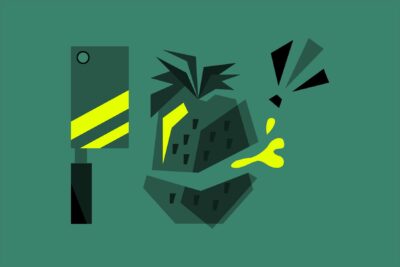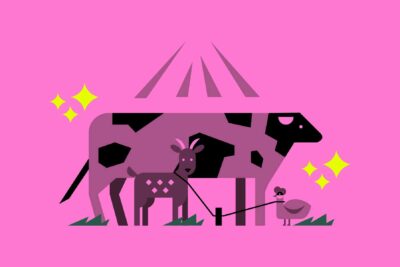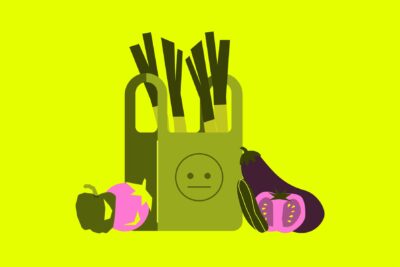Plants are incredible living beings. They can see, hear, smell, and respond. They compete for territory, seek out food, evade predators, and trap prey. But do they feel pain? Almost certainly not.
Plants have no central nervous system and no pain receptors, which would allow them to feel pain. And what would be the point of feeling it anyway? Pain allows us to react quickly, to fight or flee, and most plants cannot react quickly, and none can flee. So, there is no advantage in them feeling it, and no biological systems that would allow them to do so.
Pain is highly subjective, and it cannot be accurately measured. That means no one can be sure that anyone other than themselves feels it. People can say that they feel pain and, in that way, we can accept that we are not the only ones who feel it, but what about other beings who cannot speak a human language? In those cases, scientists use two criteria: does the animal have all the necessary physiological attributes to feel pain? And do they behave as though they feel pain? In this way, we know that our dog who treads on a thistle and squeals feels pain. We know that a pig in a crate, a chicken in a cage, a cow on a feedlot, and a sheep in a truck on the way to the slaughterhouse all feel pain. Research on different fish species indicates that they also feel pain. But plants? No.
It is possible that one day we may find out that plants do feel pain or something like it. But if our goal in the world is to reduce suffering, we would still be wise to eat vegan because vegans actually eat a lot fewer plants (and of course, animals, who definitely do feel pain) than meat-eaters.
This may sound counterintuitive, but it’s true. Those who eat meat are responsible for the harvesting of more crops than vegans because so many more crops are needed to feed animals than if we just made them available for people.
The reason behind this is that animal agriculture is incredibly wasteful. Cows consume 25kg of feed for each kilogram of meat produced, pigs 6.4kg and chickens 3.3kg. This means a vast amount of crops are simply wasted, making this both a humanitarian and an environmental issue, too.
When we eat plant-based, we eat fewer plants, which means we need less land, can protect wild spaces, and feed more people. And in choosing to eat this way, we can reduce any potential suffering to plants, while at the same time reducing actual suffering to animals.



